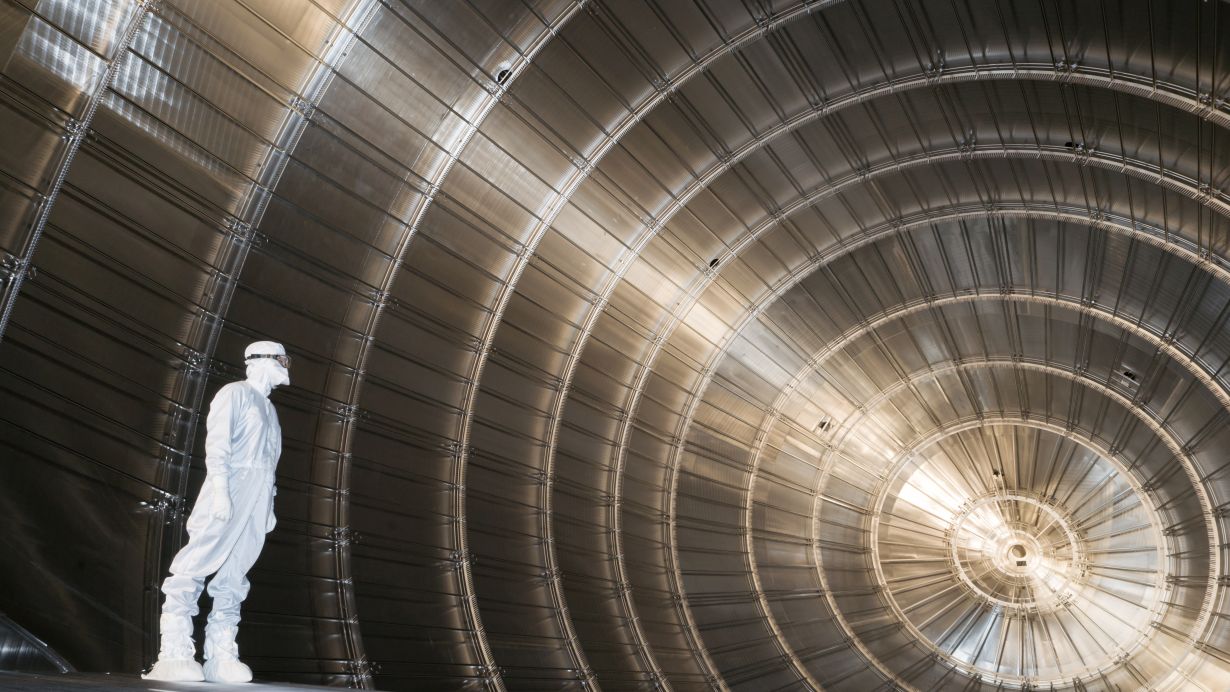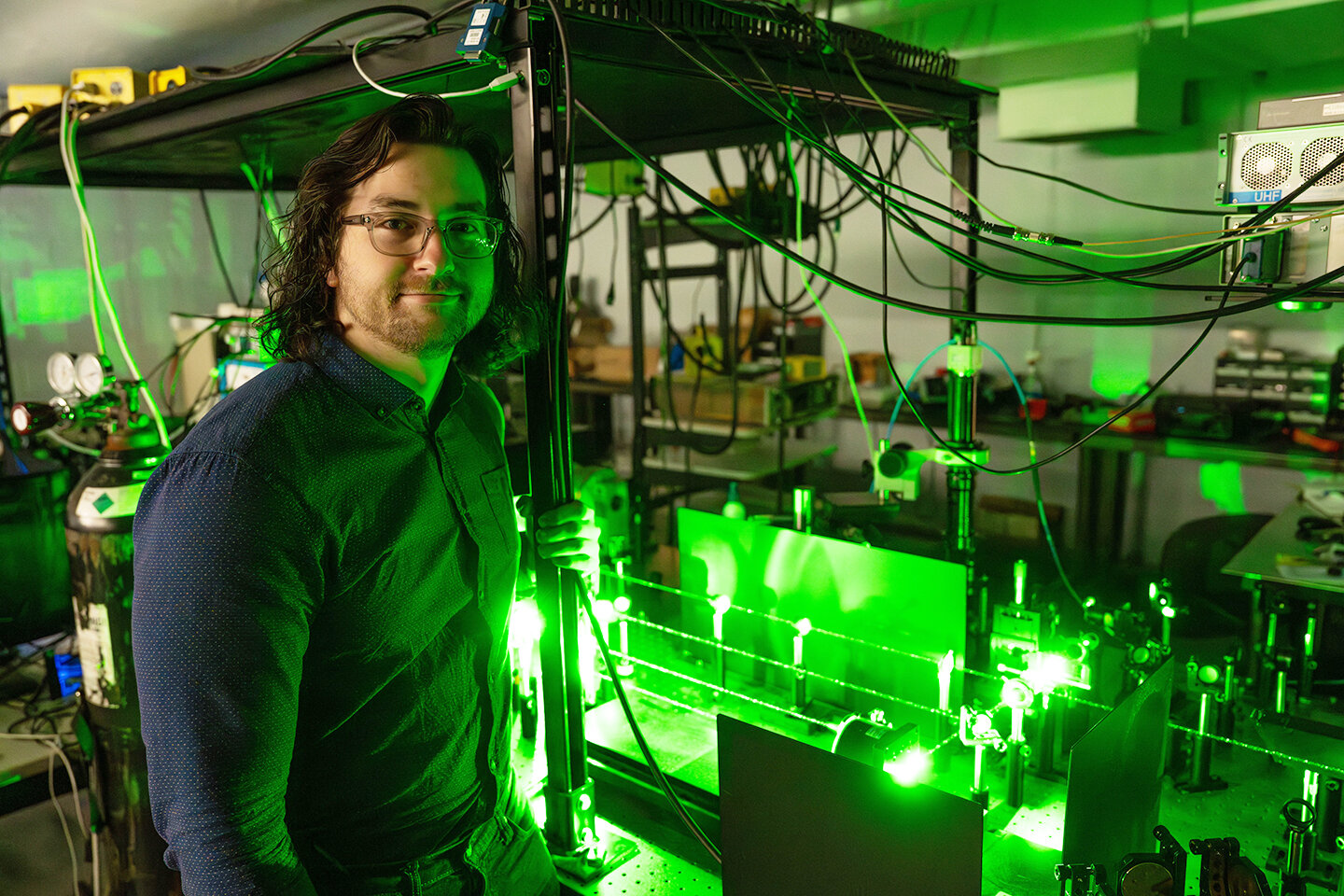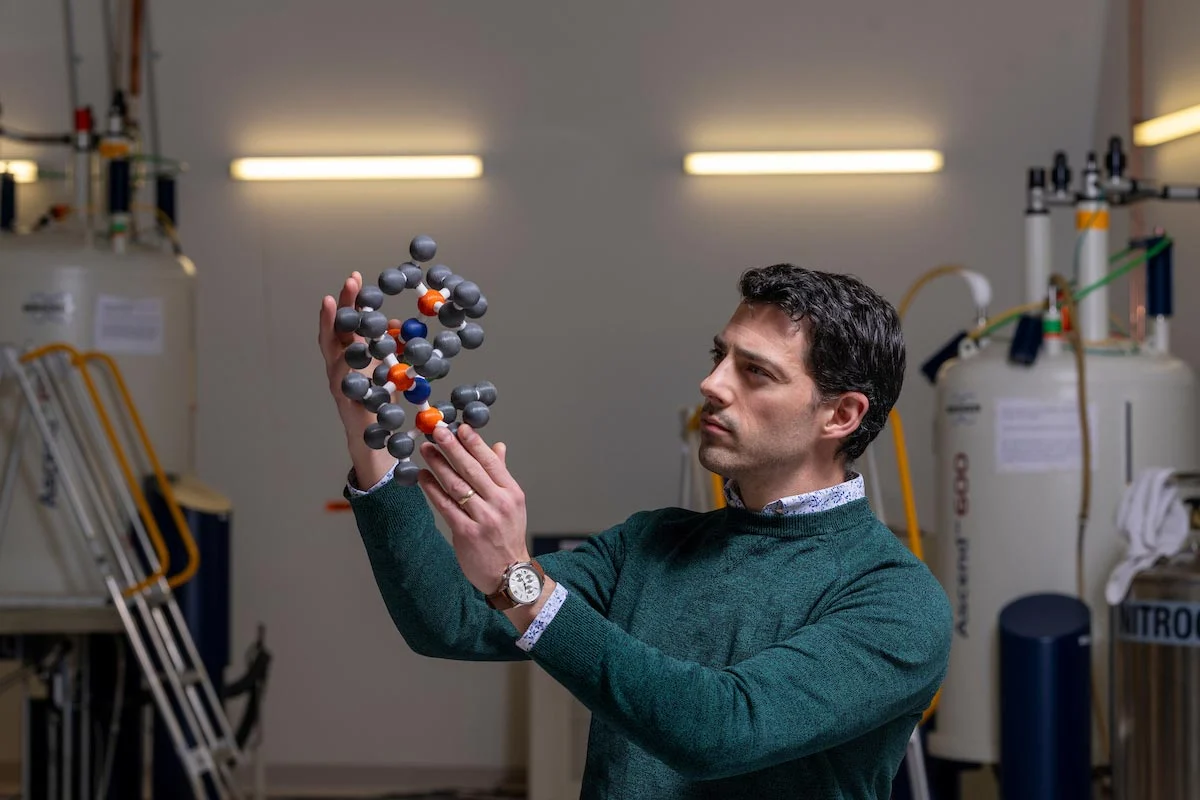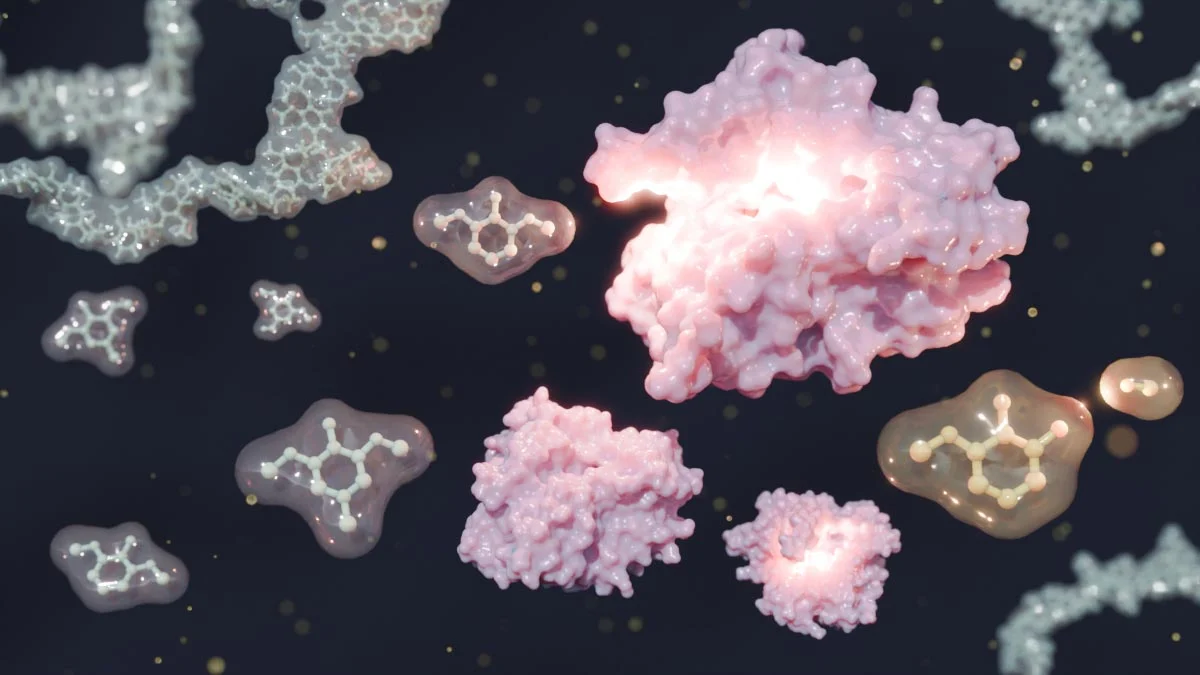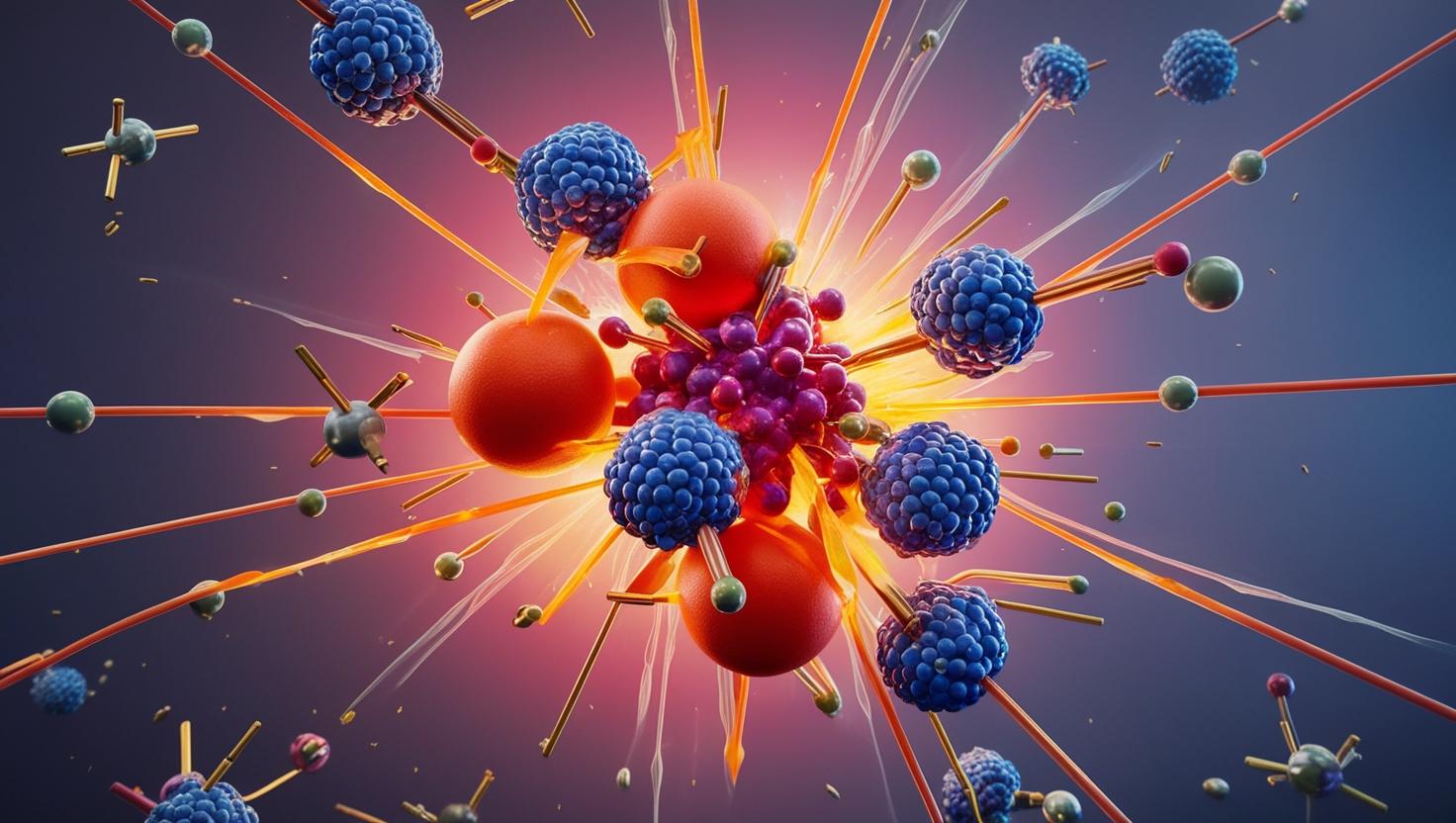ANU Professor Nicholas Chilton (pictured) says the key to the new, single-molecule magnet’s ability to retain data at such high temperatures is its unique structure, with the rare earth element dysprosium located between two nitrogen atoms. Credit: Jamie Kidston/ANU
Rewriting the Rules of Data Storage
Scientists from The University of Manchester and the Australian National University have developed a groundbreaking molecule that can store digital information at –173°C, the same chilling temperature found on the dark side of the Moon. This discovery could revolutionise data storage in cryogenic or space environments.
Why This Matters
As the world’s appetite for data grows exponentially, our current storage systems are struggling to keep up. This innovation offers a glimpse into the future of ultra-compact, energy-efficient storage devices, potentially transforming the digital landscape.
The Science Behind the Discovery
A Single-Molecule Magnet
The molecule is a rare-earth-based single-molecule magnet, centered around the element dysprosium, sandwiched between two nitrogen atoms. This atomic arrangement gives the molecule magnetic memory, capable of storing data at 100 Kelvin (–173°C).
Breaking Temperature Barriers
Until now, the best single-molecule magnets only worked at 80 Kelvin (–193°C). This new molecule raises the bar, making data storage at higher—yet still cryogenic—temperatures more viable.
Molecular-Scale Data Capacity
Unlike traditional magnetic storage, which requires groups of atoms to encode a single bit, this molecule allows information to be stored at the individual molecular level. This means devices the size of a postage stamp could store up to 3 terabytes of data—massive storage in a minuscule footprint.
From Labs to Large-Scale Applications
Ideal for Data Centers and Beyond
Data centers already operate with advanced cooling systems, and this molecule’s compatibility with liquid nitrogen (boiling point: 77K or –196°C) makes it ideal for integration. It could significantly reduce power consumption and physical storage size.
Not Ready for Consumer Use—Yet
While this technology is still in the research phase, it lays the foundation for future storage solutions in both space and Earth-based applications.
What’s Next in Data Storage?
This research paves the way toward storing more data in smaller spaces under extreme conditions. It could influence fields like quantum computing, aerospace engineering, and next-generation cloud infrastructure.
A Molecular Revolution
By unlocking the power of rare earth elements and molecular magnets, scientists are building a future where entire libraries can fit on chips smaller than a fingernail—and survive the vacuum of space.
Are We Ready for Space-Age Storage?
How might this cryogenic data storage technology reshape missions to Mars, the Moon, or even our daily computing habits? Could this be the key to sustaining human knowledge in space?
Reference: “Soft magnetic hysteresis in a dysprosium amide–alkene complex up to 100 kelvin” by Jack Emerson-King, Gemma K. Gransbury, Benjamin E. Atkinson, William J. A. Blackmore, George F. S. Whitehead, Nicholas F. Chilton and David P. Mills, 25 June 2025, Nature.
DOI: 10.1038/s41586-025-09138-0
Daily science news 2025, Best science blogs, New science research 2025, Popular science articles, Latest science news 2025




